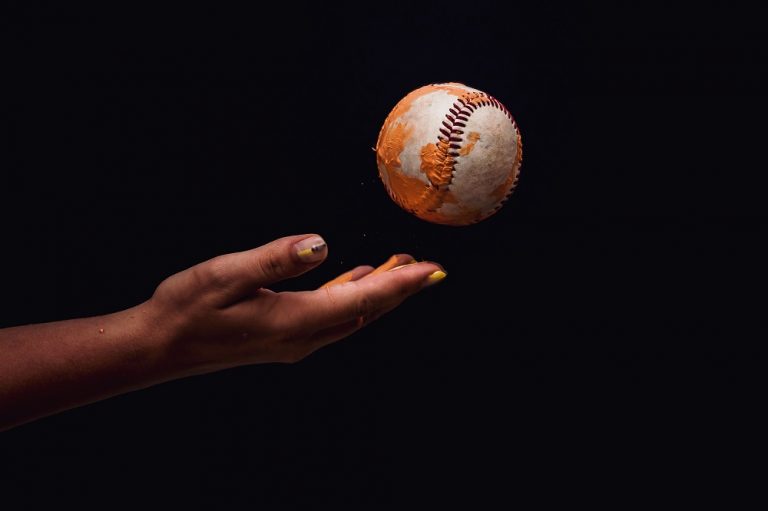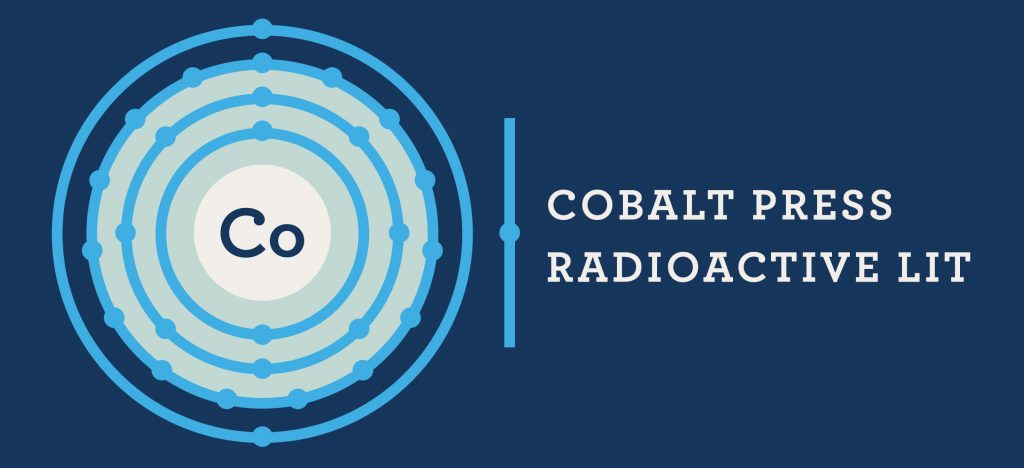WILLIE HORTON DRESSED IN HIS BASEBALL UNIFORM, AFTER PLAYING THE YANKEES AT TIGER STADIUM
His home run lifted up over the fence
to beat the Yankees in the second game
of a doubleheader that afternoon,
but the rioters won’t listen to him
standing on top of his luxury car;
the boy who learned baseball
was better than drawing blood, who at sixteen
hit his first home run at Tiger Stadium
playing for a high school team.
Willie watches the flames, nobody heeding his words,
not an easy task to thwart such violence,
easier for him to pull his heavy bat in to his body
and demolish the next Yankee pitch,
the winning pitcher John Hiller
after Podres tired in the 4th inning and he
came on to face Yankee batters for the fifth
and sixth. But none of the rioters
want to hear the box score, busy carting
away television sets and furniture,
like refugees on the street under the scrutiny
of helicopters and guardsmen in trucks.
Horton hears the injustice crackle
like flames consuming the buildings, gunshots
aimed at both rioters and guardsmen,
and he slowly climbs down from his car,
knowing he has struck out. He tastes the sulfur:
everything burns that summer, without
something changing, even if it’s Willie
next year swinging a bat as if he understood
it was saving lives and the Tigers would become
World Series champions. But through broken windows
never fixed, gates chained to protect the remains,
ashes smolder for days: joblessness and roots
straggling upward from a bitter soil.
TY COBB DRAWING BLOOD IN A WORLD SERIES SLIDE
We, writers in the Chicago press box,
who had refrained from attacking Cobb
because of his Southern speech,
let our typewriters chastise him now.
The uproar hurt our ears, bottles bounced
out to that sea of green; we saw copy in Cobb
spiking the leg of the first baseman,
who dropped the ball.
The fans chanted Mama’s Boy.
Everybody knew his mother’s shotgun
killed her husband climbing through a window.
The last cigars of the late innings fouled the air.
He outran their jeers to second, the baseman
too scared to field the ball, but the moon
had risen bloody over the bleachers,
all the daylight bleeding out of the game.
Someone said from his seat: “Beer’s
on me if you leave that son of a bitch alone.”
Nobody listened. I didn’t care about
the Georgia Peach, I was a Polish boy
who saw the blood bristling on my father’s nose
after he came home beaten on the street
for his Polish name.
My mother wiped away the blood
and never forgave America.
My typewriter stopped singing.
I couldn’t forgive either, but my father did.
I knew I wasn’t perfect, as I saw Cobb
stick his head out of the dugout,
daring the moon to shine down on him.
THE DAY THE OAXACA NINE PLAYED THE MEXICAN CITY KINGS
Near sunset a pink light catches fire. He whispers to his
hands,
“I am nobody,” and walks out to right field, his heavy
mitt weeping
for the ball. He remembers the men at work on the
irrigation project,
the thirteen who formed the Oaxaca Nine. They were
supposed to wear bright
uniforms that announced Dow to the spectators. But
some of them proposed that
they would on the field and not Dow. They wore the
shirts inside out.
A batter swings at a pitch: a dialogue between air and
catcher’s mitt.
He dreams of his wife’s face, the noble brown features
that seem
to be part of the sunset, the growing shadows. He sees
the lie on her
face when he asks if the pain is more or less today. But
what can he do,
he who makes so little by working so hard?
The next swing is one of fire, the bat’s wood baptizing
the ball.
He sees it but does not see it at the same time.
The ball skids across the grass.
Six children he would mourn that day.
He pounds his hot mitt and dreams
the ball is a prehistoric egg.
“All of us who die leave broken things behind,” he
cries. He stares
up into the pink fire, ashamed of catches he never
made, a bat that was
blind in stroking a ball past his knowing.
Originally published in The Quarterly
BABE RUTH SHOWS APOLLINAIRE HOW TO HIT A HOME RUN
The June bugs twist and nod in ranks tired
from fighting the summer wind,
matting themselves in the hair of the Babe,
who revives a smile to plumb
the depths of the July night.
Fireworks have showered their ashes.
Stars cling to the dark panoply,
and Babe wags a bat at some suffering
there are no words for.
“Here’s how you hold it, kid,” he tells
the pinned rose of a man,
without looking at him, as the short-armed
pitcher paints one
where it can quickly leave this world.
Apollinaire wears a rose that smells
beer on the fans, points a bat
into the wind, growing larger than the Babe,
who swings a bat through all of Brooklyn
as the poet cries to the poetry society, “Bonjour!”
The hips of Babe open in this dark love
for something always greater,
if the cosmos allows it. He has a power
no other man has, even at this ripened hour,
after twelve hot dogs,
fifteen soda pops, six beers,
the seventh at his feet in the dust.
“It’s all the stomach, don’t let them kid
you otherwise,” he says as he wipes
the sweat the way a god would
in the Iliad, pinning his stare
up through the dust that still
hasn’t settled, the game
this distant memory of the saddest
son of a bitch game he ever saw,
he tells the white shirts, then sees Frenchie
talking with the redhead
in the front row; the Babe, wide-eyed
with his own hunger,
after he dropped a fly ball the inning before,
stands there, a stranger in his own house,
the legions of June bugs
swarming the outfielder.
If he can tag one and name it Redemption,
he’ll somehow be happy,
sleep through the cool sunlight.
He glides his hands down to the handle,
and glowers at the shadow,
who dips his bat into the dust of Yankee Stadium,
as if Babe were going to plant
something more powerful.
“Come on,” he growls at the pitcher, then tugs
at his belt, breathing all the pinstripes in,
not watching anything
but this slow fat one dance over the plate,
this ball obsessed with being hit.
Babe thinks in the snap of his wrists,
and the bat shudders as it plays
that ball into the night.
Day and night pass before he trots,
knowing a single note emptied from a lyre
won’t turn Apollinaire’s head,
as his tongue comes free,
the ball a part of him
others can mold in their own image,
as the home run grows inside him and out,
and he yells, “Take that one to bed.”

